- Details
Boracay Island has long been the subject of issues regarding wastewater, drainage systems, and residual solid waste that fill the air with noxious odor. While there are regulations governing waste treatment in the island, the problem persists due to an inadequate treatment system especially with the continuous influx of tourists to the island.
Boracay may have found the answer to this problem through Department of Science and Technology’s (DOST)-developed Eco-Sep, an organomineral treatment used in a self-sustaining and portable wastewater treatment system.
Organominerals are mineral products that are formed by interaction of organic matter.
Read more: DOST-funded organominerals technology helps deodorize Boracay’s wastewater
- Details
Department of Science and Technology (DOST) Secretary Mario G. Montejo recently told DOST scholars to “equip themselves with more knowledge… (and) strengthen their belief that science and technology would make a huge difference to improve the lives of every Filipino.”
During the recent scholars conference held at Hotel Jen in Pasay City, Sec. Montejo stressed that science and technology remains to be the important engine of the country. It is S&T that drive industry competitiveness, accelerate the delivery of government services, and enhance the country’s capacity in emerging technologies, he said.
Read more: DOST chief urges S &T scholars to contribute to nation building
- Details
The number of Filipino professionals in science and technology (S&T) doubled from 1990 to 2010, with nursing, midwifery, and engineering registering the most number of professionals each.
This was revealed in a publication by the Department of Science and Technology-Science and Education Institute (DOST-SEI) titled “Human Resources in Science and Technology in the Philippines,” launched on April 22, 2015 at the Astoria Plaza Hotel, Pasig City.
Read more: Filipino S&T workers double in 20 years, according to DOST study

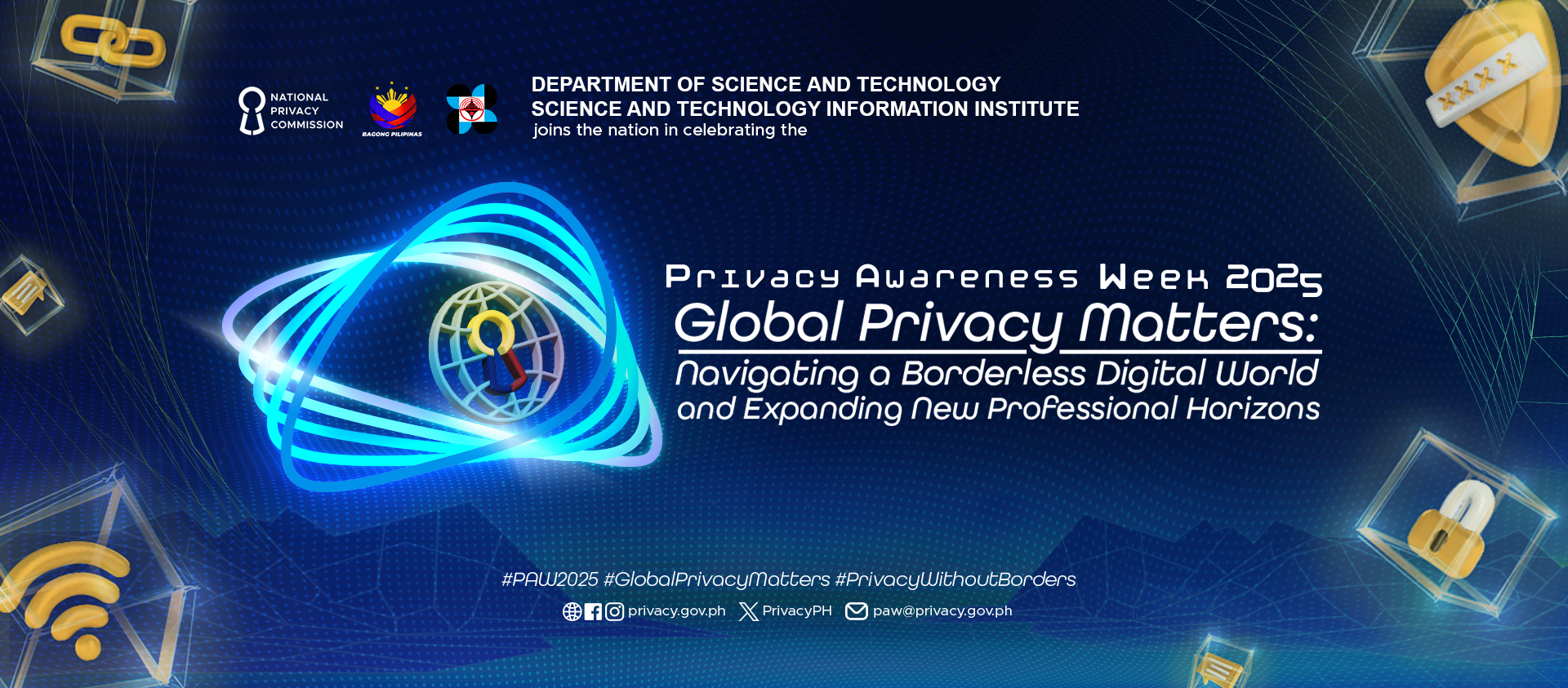
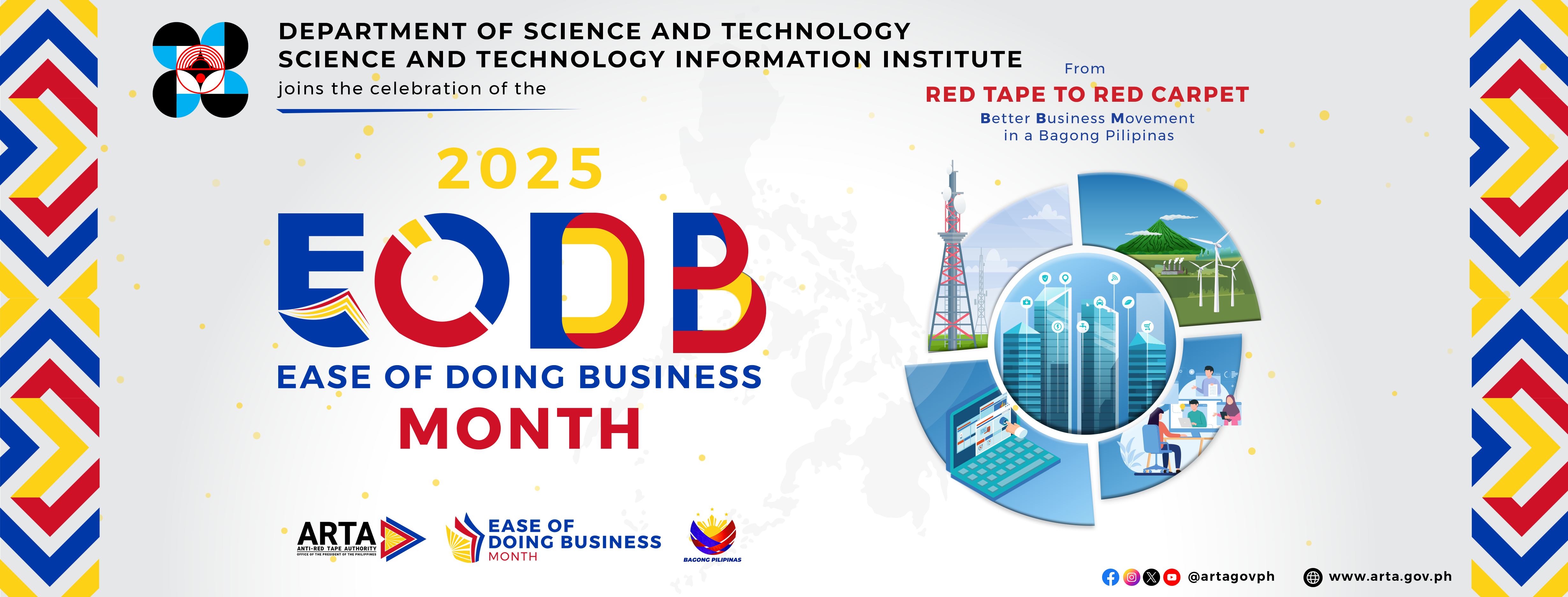
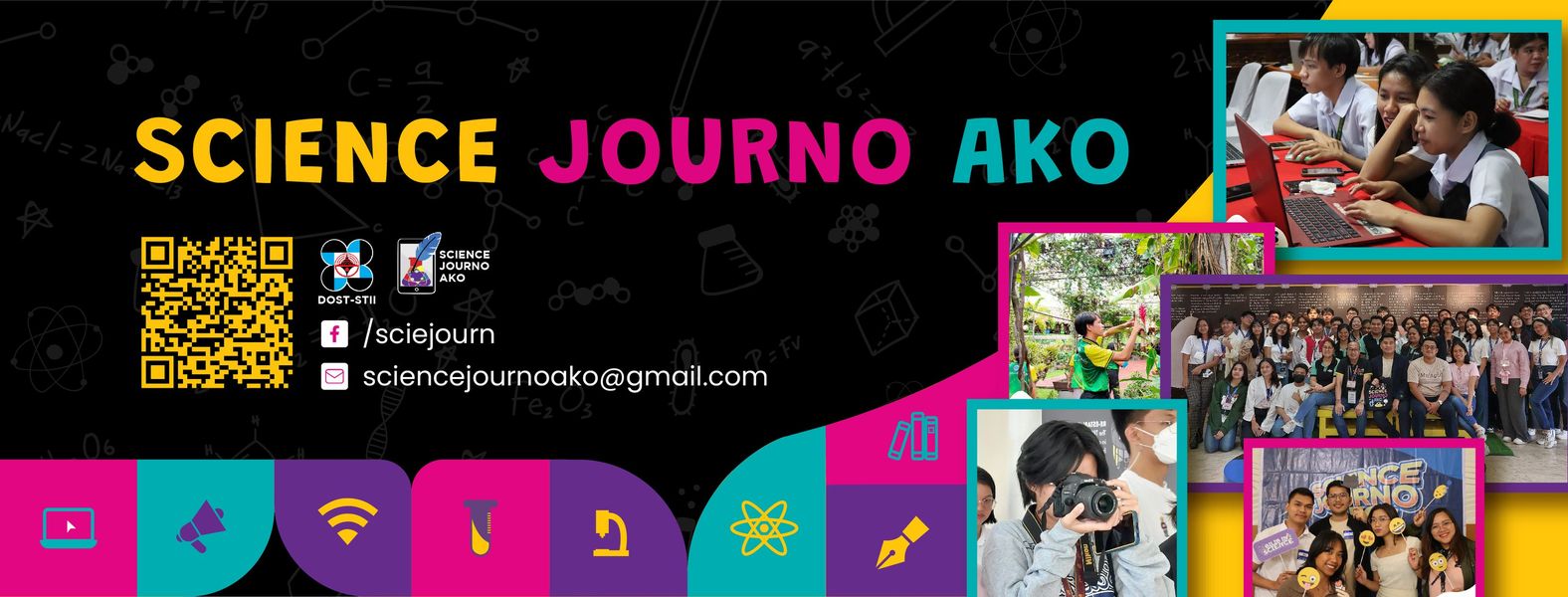
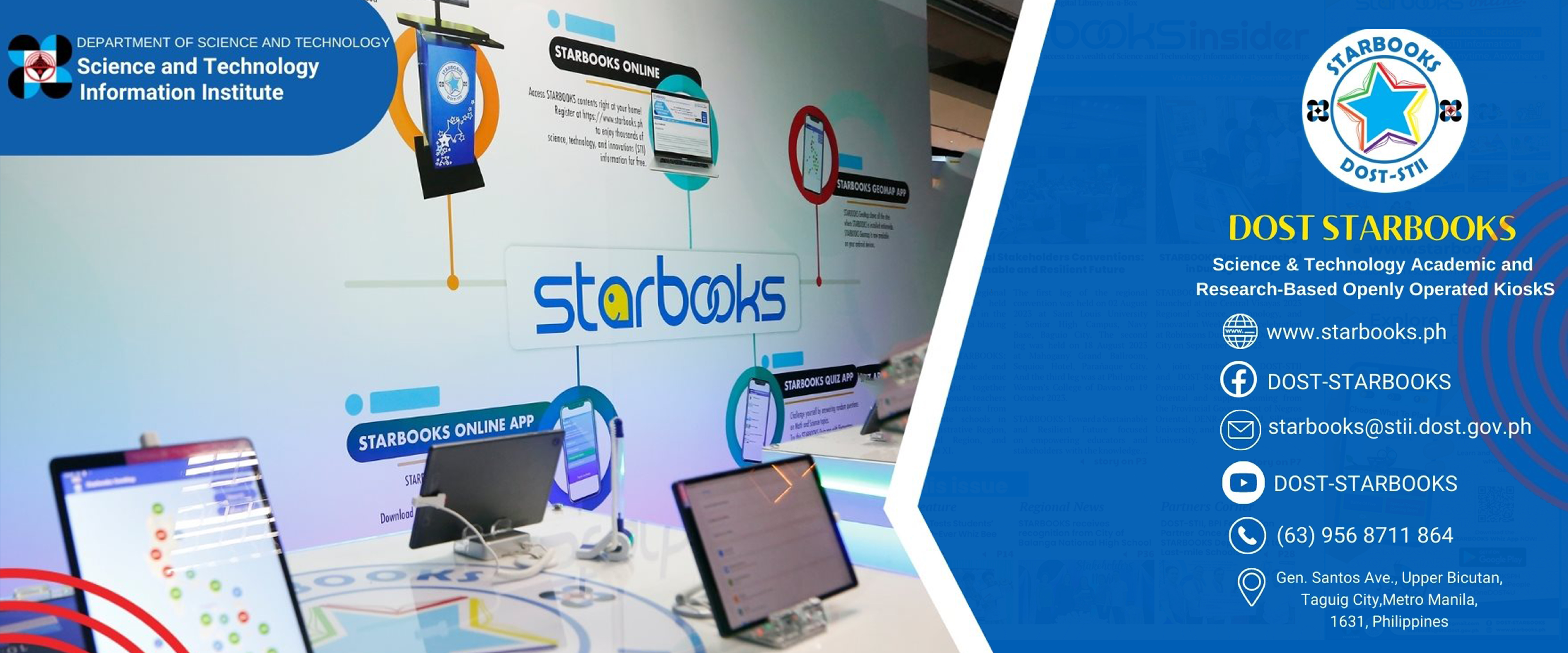
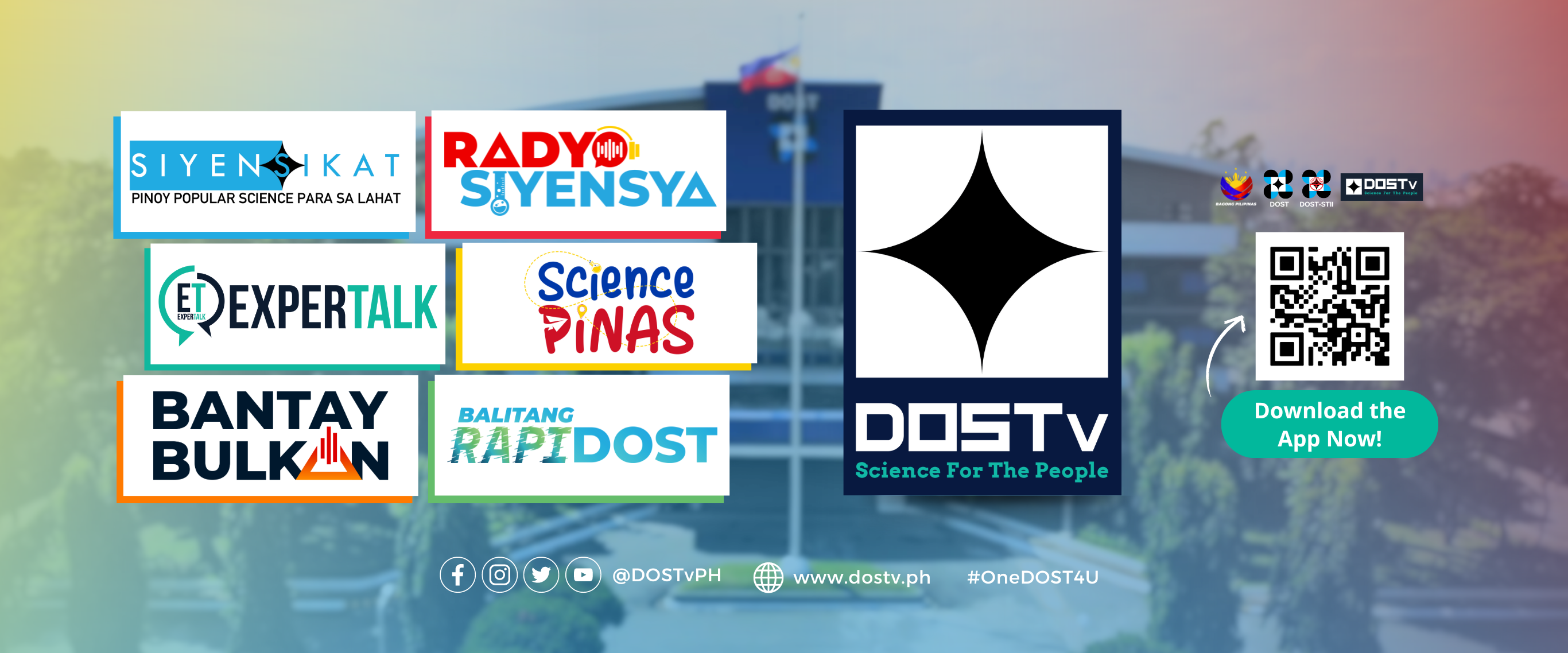

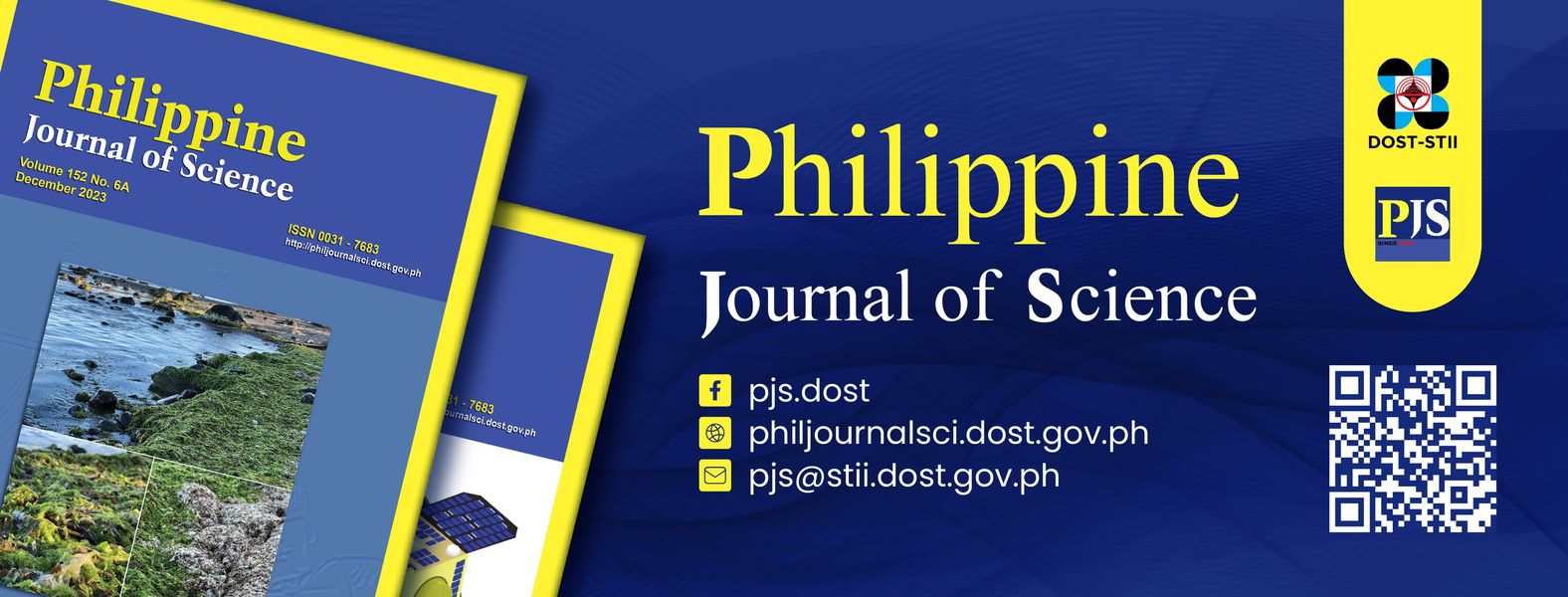


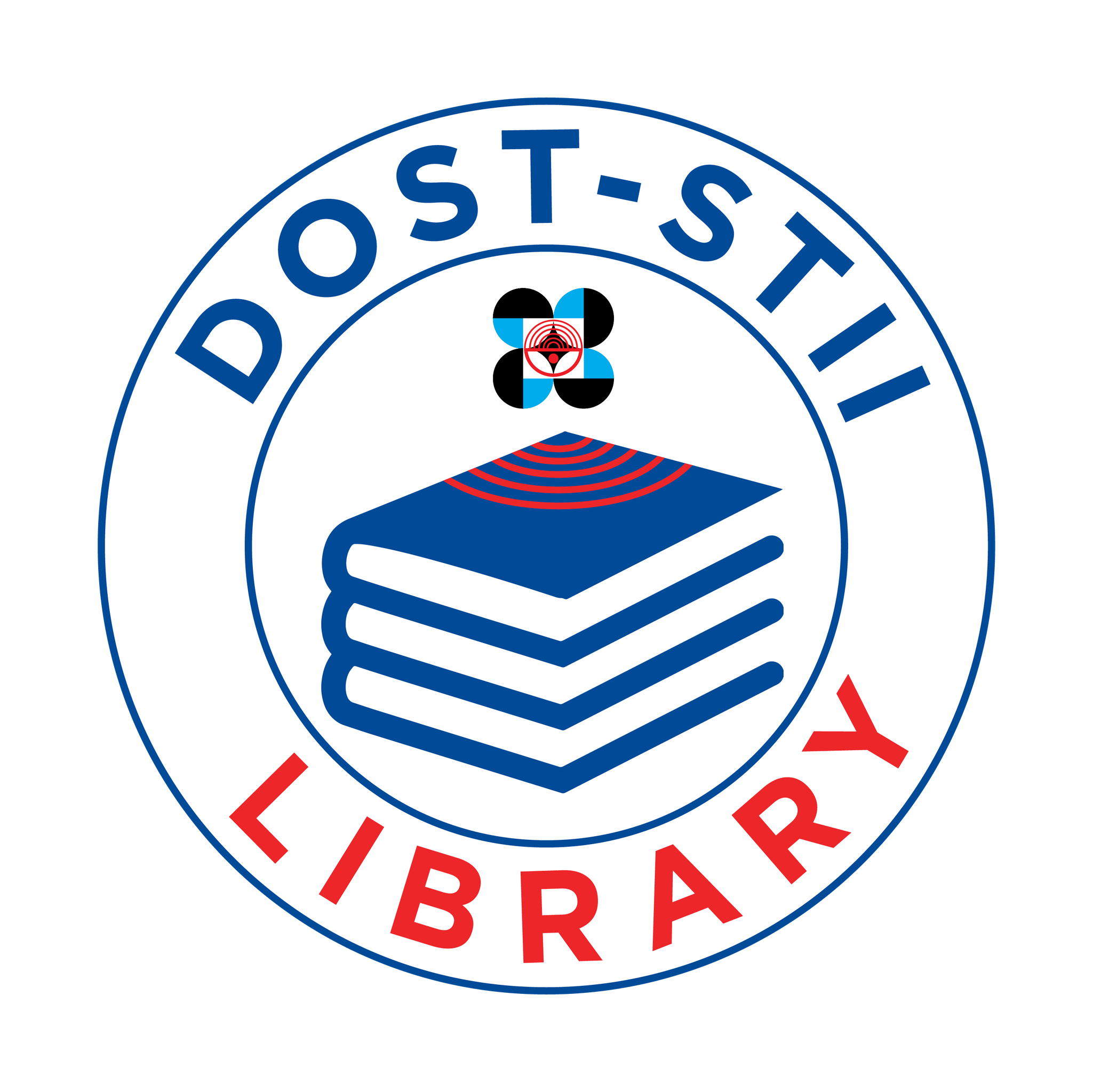

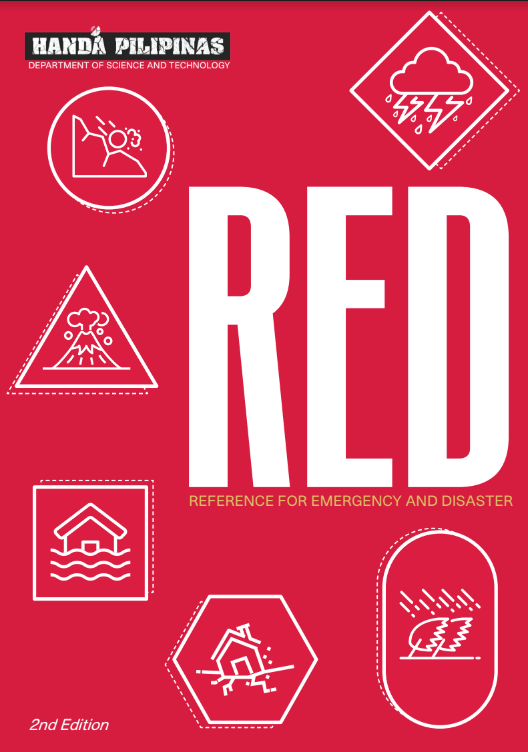

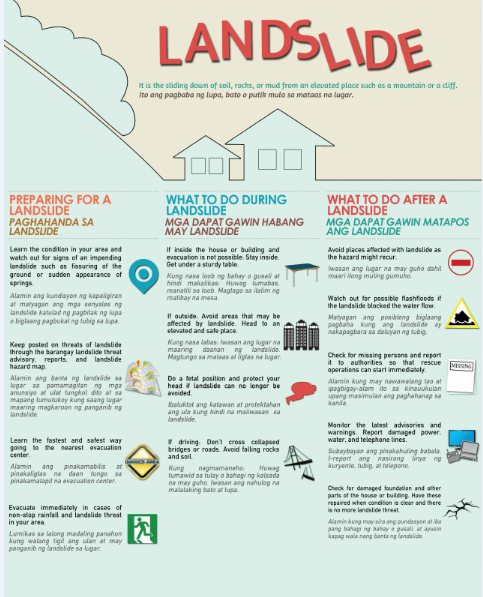
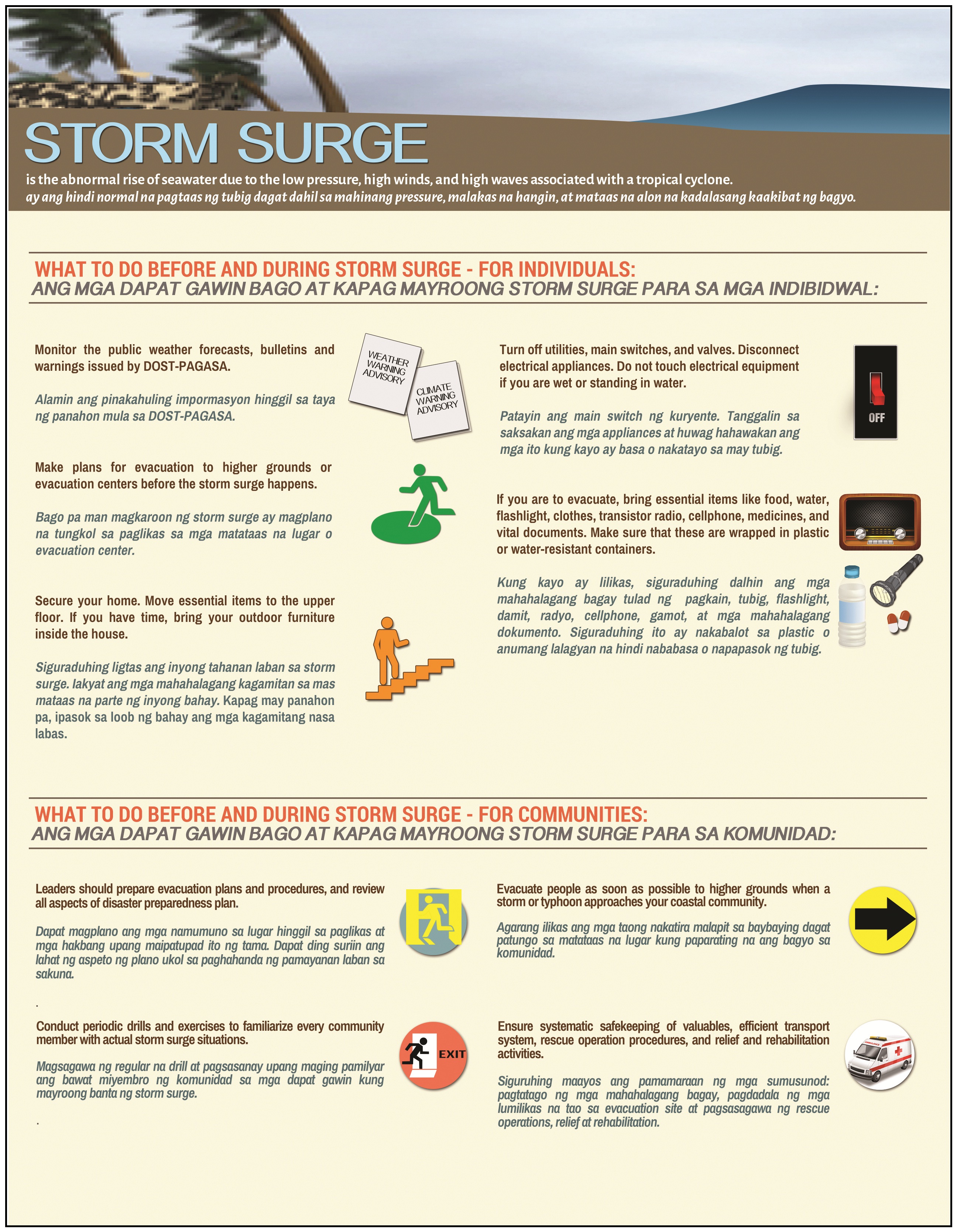
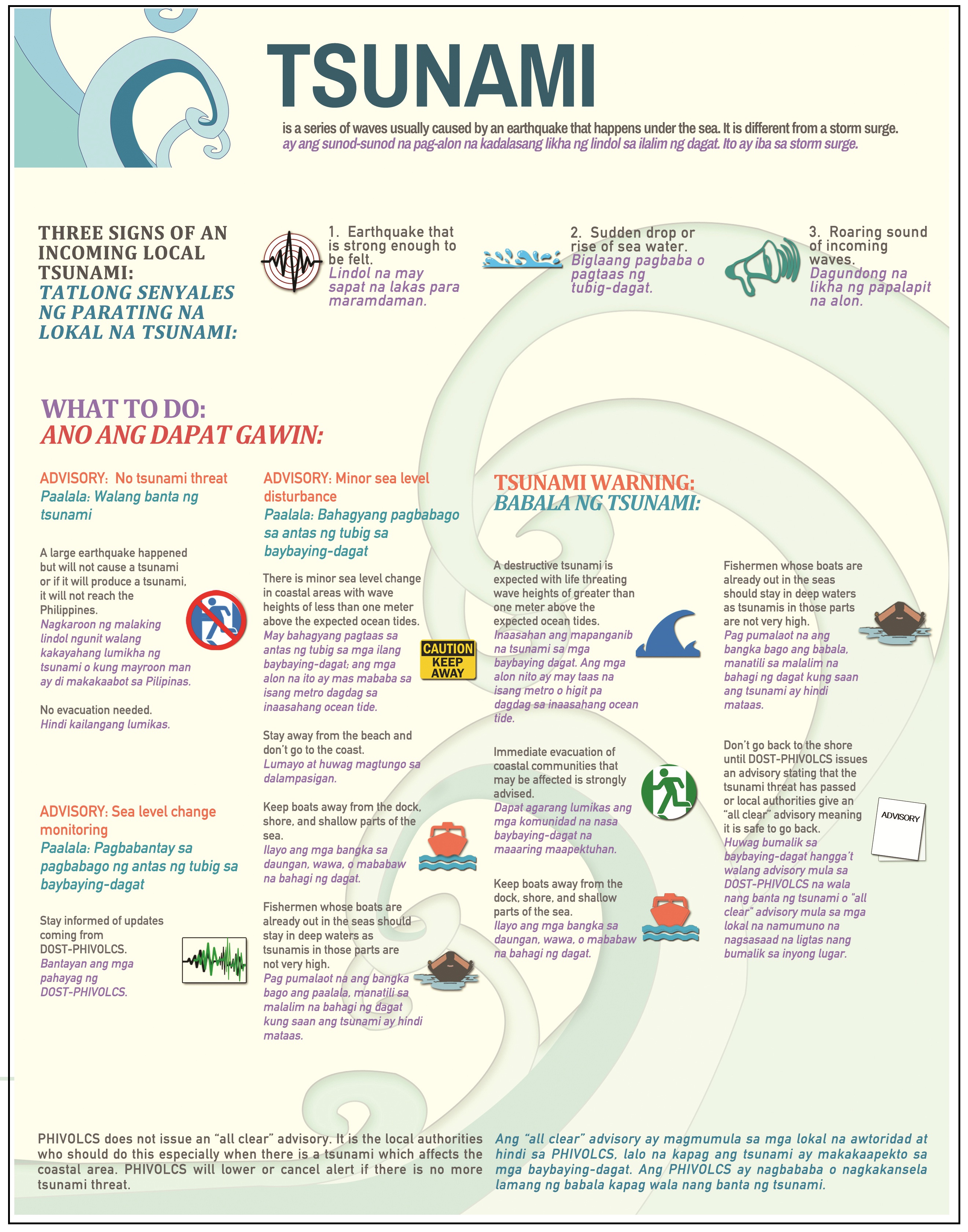
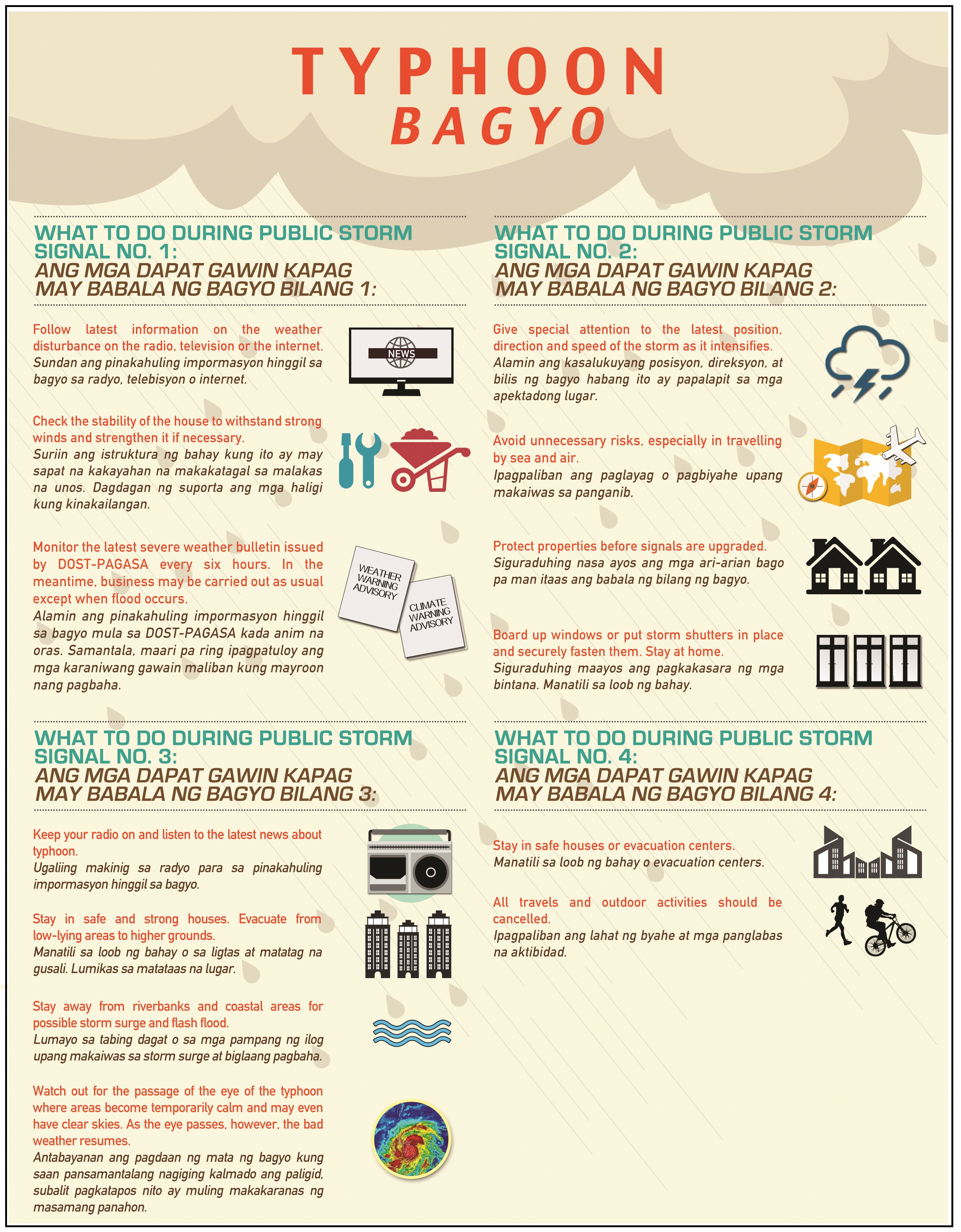
 21 in 2021 Technology Catalogue
21 in 2021 Technology Catalogue 21 in 2021 Technology Catalogue
21 in 2021 Technology Catalogue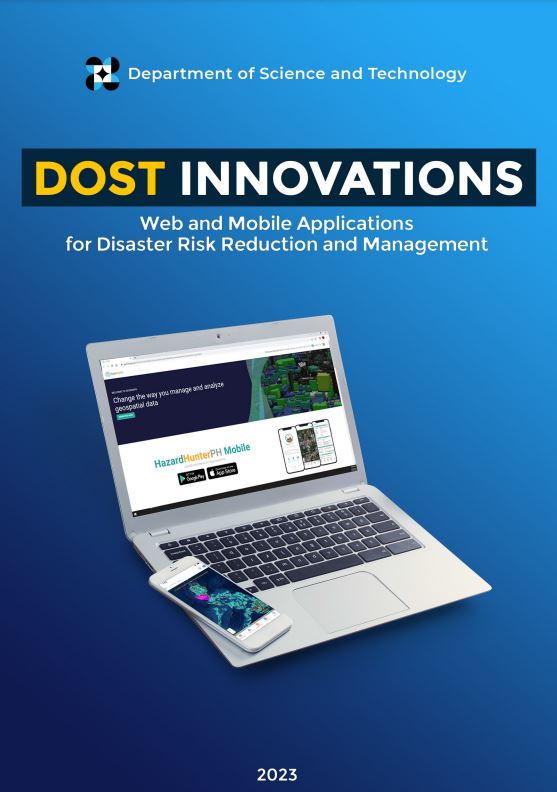 DOST Innovations - Web and Mobile Applications for Disaster Risk Reduction and Management
DOST Innovations - Web and Mobile Applications for Disaster Risk Reduction and Management